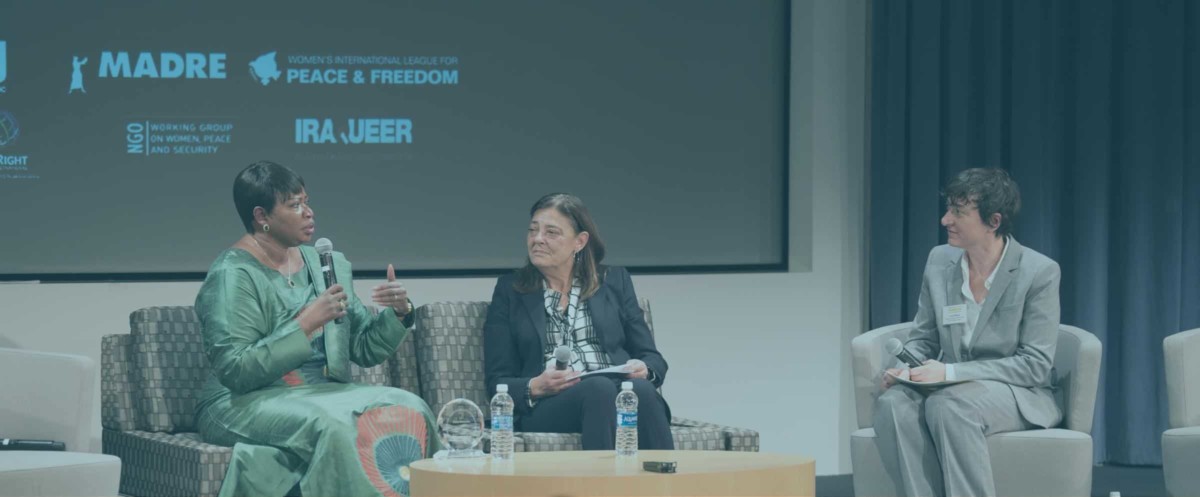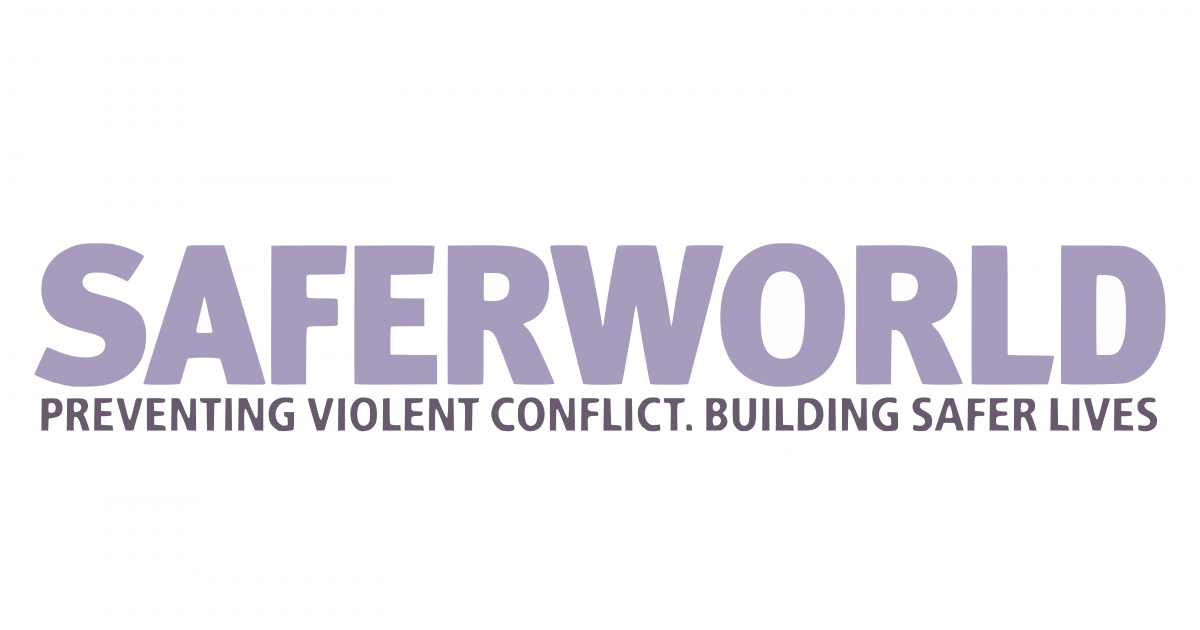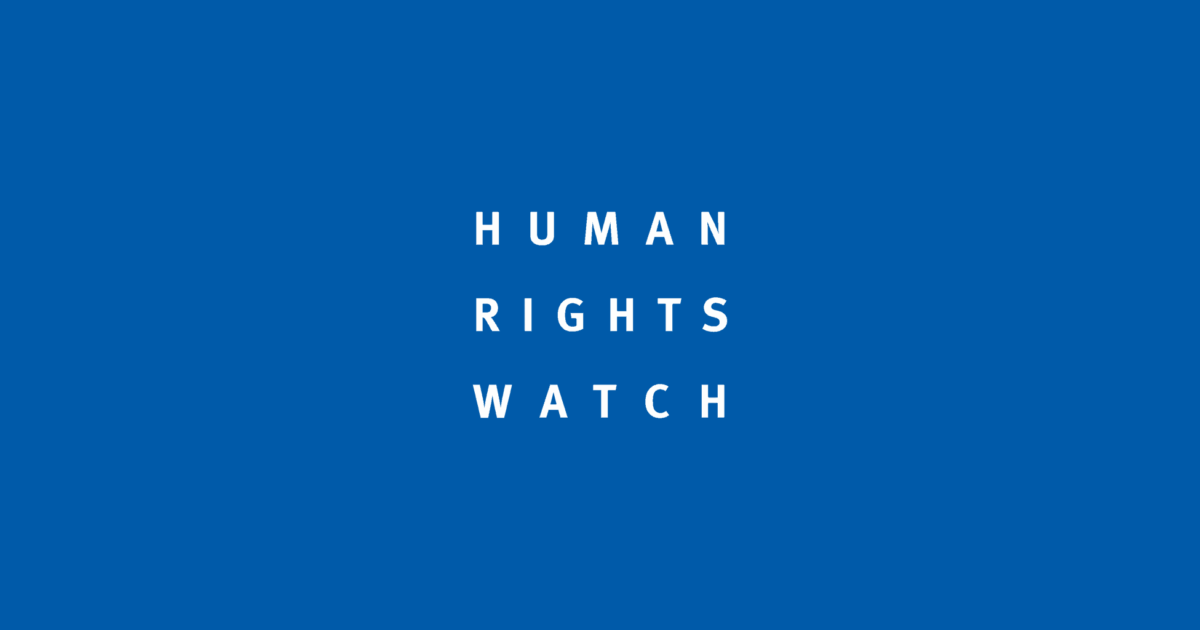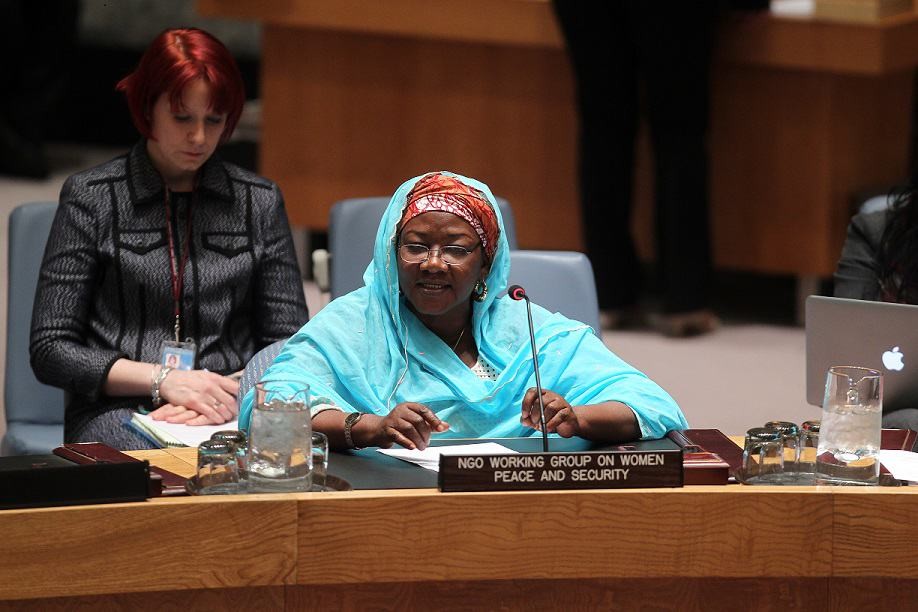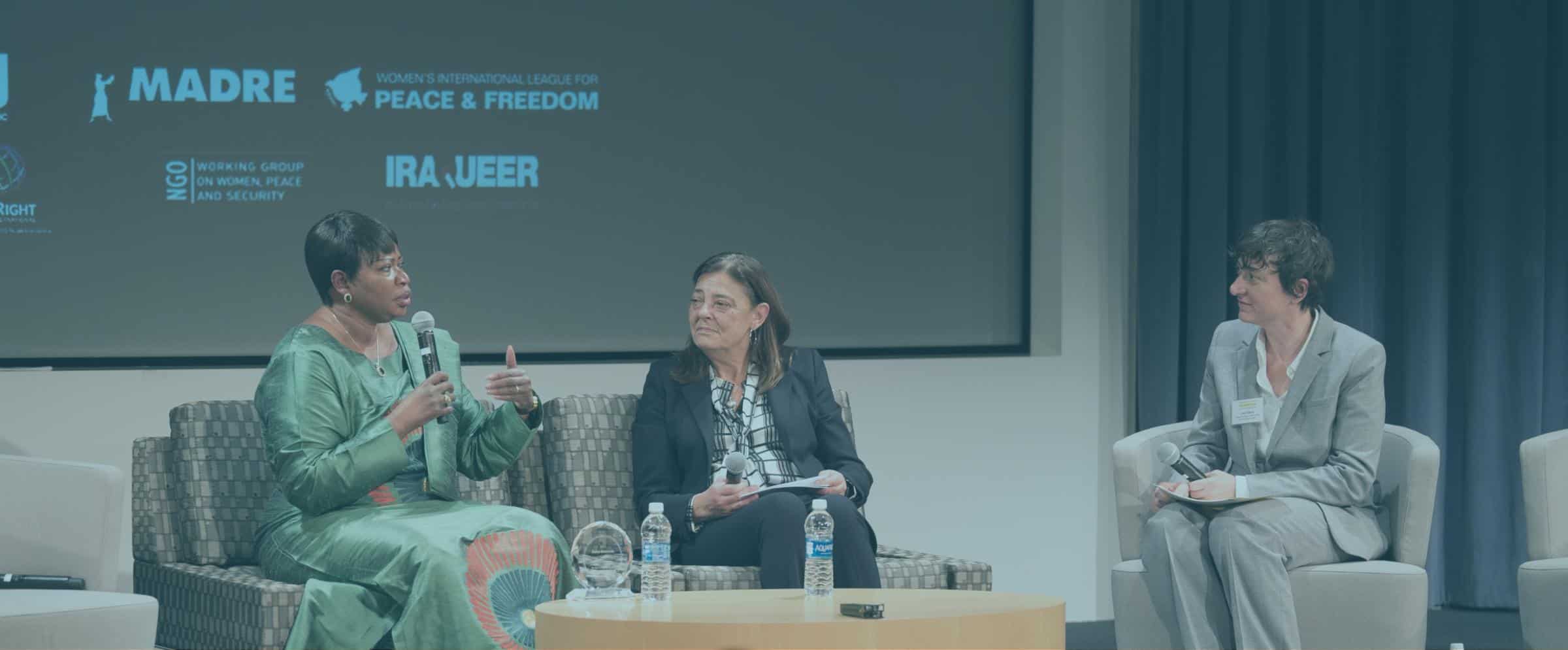Countering Violent Extremism & Terrorism
Countering Violent Extremism & Terrorism
Violent extremists (VE) are individuals who support and/or commit ideologically-motivated violence to further political agendas. Countering violent extremism (CVE) therefore encompasses the preventative aspects of counter-terrorism (CT) to undermine the attraction of extremist organizations, and ideology that promotes violence. Methods include specific community-led awareness, interventions and counter narratives.
In the context of the recent global spread of violent extremism, which systematically targets women and employs sexual and gender-based violence, the NGO Working Group works to ensure the UN Security Council and Member States incorporate WPS (Women, Peace and Security) resolutions and best practices. These 7 Provisions are the result of fifteen years of work on WPS, in all actions to countering violent extremism and counter-terrorism policies. In particular, the NGO Working Group advocates for the inclusion of gender analysis and monitoring, to better understand the dynamics and impacts of violent extremism on women, including recognizing the broad range of roles women play in supporting and countering violent extremism.
In addition, the NGOWG advocates for changes to the mandate of the UN Committee on Counter-terrorism, guided by resolutions 1373 (2001) and 1624 (2005), to ensure that women and women civil society organizations are consulted, and are granted full and equal participation in formal processes of CVE and CT at the international, regional and national level.
Current and Past Recommendations to the UN Security Council (Monthly Action Points)
Security Council discussions on counterterrorism should highlight the significant contribution of women to prevent and counter terrorism and specifically address how the Council will further support the work that local, women-led civil society groups are doing to combat violent extremism. Women at all levels of society are critical in combating violent extremism and terrorism. Strategies for combating violent extremism overlap with and reinforce peacebuilding and conflict prevention efforts. All actions taken to prevent and respond to these threats should ensure women’s full and meaningful participation in these efforts as well as account for the need to better address the impact of violent extremism and terrorism on women and girls. Combating extremism requires addressing pre-existing threats to women and girls, embedded in laws and social norms and engaging women and women’s civil society in security sector reform and in efforts to strengthen the rule of law. Any technical assistance called for by the Council, as noted in SCR 2129 (2013), to Member States, regional and sub-regional organizations, on countering terrorism should emphasize and promote the meaningful participation of women in these efforts. In addition, the Council should stress the need for greater recruitment of women in positions of decision-making within Member State and UN institutions involved in supporting counterterrorism efforts.
Relevant Resources
